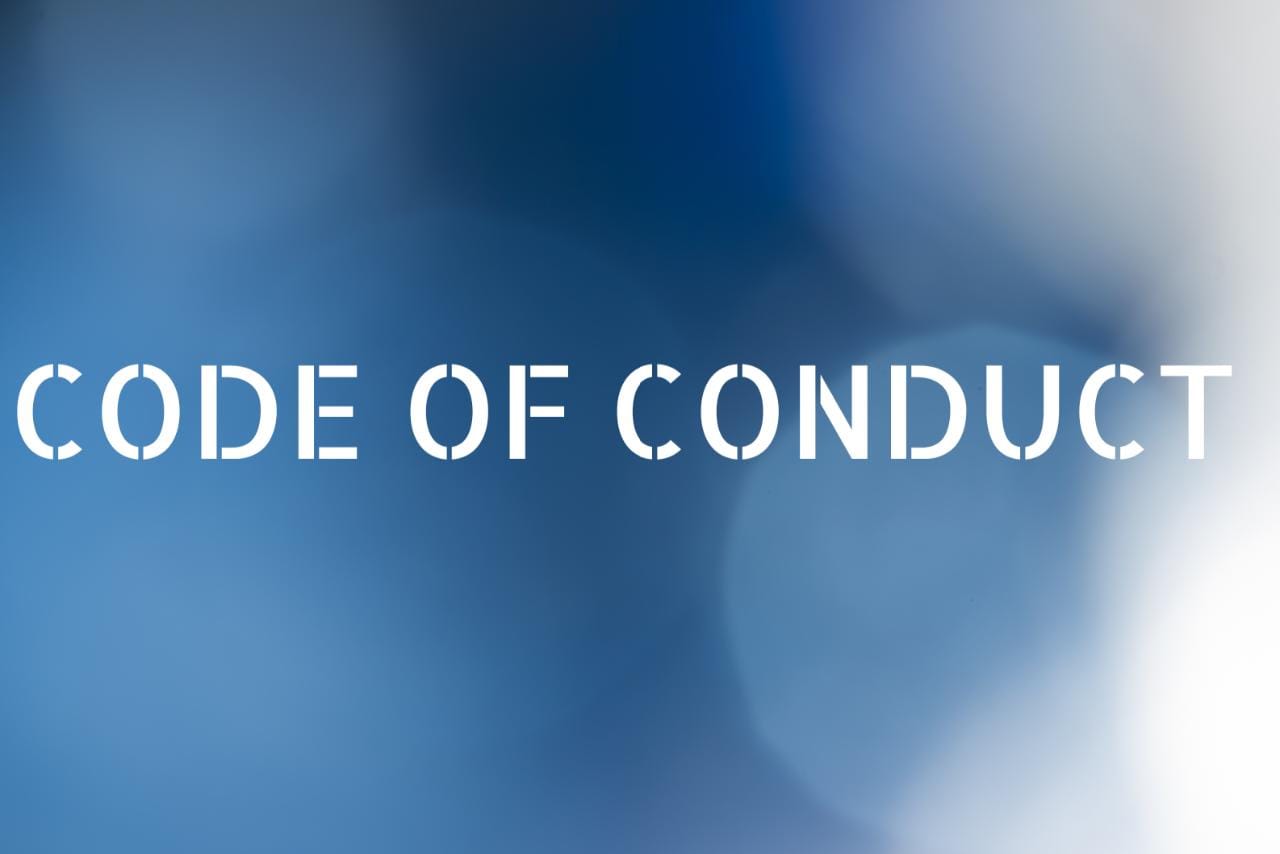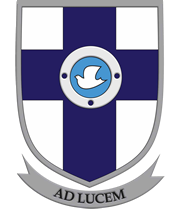
Code Of Conduct
For Parents / Guardians & Learners
- Respect
- Integrity
- Responsibility
- Kindness
The purpose of this code of conduct is to use and instil the above-mentioned values by:
- fostering the moral and disciplinary development of each learner, and;
- ensuring that education may take place in an orderly manner.
All parents/guardians and learners are therefore bound by these rules.
It is necessary that each parent/guardian must do the following:
- Know the contents of this document.
- Know that the transgression or neglect of the rules can lead to disciplinary action as laid down by the principal and the school management team.
- Ensure that the good name of Martie du Plessis will be held in high esteem at all times.
CODE OF CONDUCT
The code of conduct is based on the following principles:
- Mutual respect for all persons and their property.
- The right to quality education in a safe environment.
- The creation of a disciplined environment where the culture of learning and teaching is sustained.
- The right to dignified, fair and equal treatment.
- Respect for the Christian principles of the school.
- The final responsibility for the behaviour of a learner lies in the hands of the parents.
From this arises:
- No parent/guardian or learner will be exempted from the acceptance of this code of conduct.
- A teacher at the school has the same right as the parent to discipline the learner according to the code of conduct when a learner is on the school grounds or is undertaking an excursion with the school.
- The principal or educator has the legal right (if there is any suspicion) to have the learner searched for any prohibited articles in his/her possession.
Exposition of Code of Conduct
1. Mutual respect for other people and their possessions.
Implementation
- Discrimination against race, faith, language, gender or culture will not be tolerated.
- Bullying, verbal or non-verbal will not be tolerated and may result in legal actions.
- No threats may be aired against another person.
- Theft or vandalism of anybody’s property or school property will not be tolerated and will result in actions being taken to recover costs incurred.
- The opinion of others is also important. You may not enforce your opinion on someone else.
2. The right to quality education within a safe environment.
Implementation
- The learner has the right to be protected on the school grounds, therefore any game or activity that may endanger another person is prohibited.
- All projectiles are forbidden.
- Learners may not enter prohibited areas (learners will be informed of these areas).
- No weapons or dangerous objects (also traditional) are allowed on the school grounds and can be confiscated immediately.
- Education must be of a high standard in accordance to the instructions of the department.
To ensure quality tuition, the following is of importance:
- No learner may act in a disruptive manner in the class or in a manner that deprives other learners of the opportunity of learning (This is protected by the constitutional right of learners).
- Learners may not be late for class, must have their books and homework must be done.
- No learner may leave the school grounds without the necessary permission.
- No learner may play truant or bunk classes.
- Learners may not leave for holiday earlier or go on holiday during the school term. It is against the policy of the Department of Education.
- Learners who stay away from school longer than 10 consecutive school days without a well-founded reason will have their names removed from the Department register immediately.
- All learners between the ages of 7-15 years are legally obliged to attend school.
- Learners must provide a medical certificate if they are absent during a period of formal assessments (tests and exams). If no medical certificate can be provided, the learner will receive zero (0) for the relevant assessment (see assessment policy for a more detailed explanation).
- Learners must adhere to all reasonable orders from educators. This includes doing homework.
3. Establishing a disciplined environment in which the culture of learning and education can be maintained.
Implementation:
- No learner may damage the property of the school or of other people.
- Disrespectful behaviour will not be tolerated, e.g. (but not limited to) swearing, fighting, bullying, racism, hate speech, stealing, telling lies, pornography, perversion and or sexual acts, vandalism, substance use or immoral behaviour.
- No offensive graffiti or stickers are allowed on book bags. No visible tattoos are allowed.
- The school cannot accept responsibility for cell phones that get damaged or stolen on the premises.
- No learner may be in possession of a cell phone during tests or exams.
- All cell phones must be switched off during school hours (07:25 - 13:45).
- Learners may not have earphones in their ears.
- Learners who do not comply with cell phone rules must hand in their cell phones or earphones and it will be placed in an envelope and kept in the safe. It may only be returned once the parent/guardian comes to sign out the cell phone/earphones.
- Learners may not eat in class or chew gum.
The following are considered to be serious transgressions and will be handled accordingly:
- The use of, selling, or being in possession of drugs, alcohol, pornographic or satanic material.
- Vandalism
- Smoking
- Arson
- Rape, sexual harassment, immoral assault.
- Assault with the intent of causing serious bodily harm.
- Assault, provoking or threatening an educator or learner.
- Serious intimidation of staff/learner.
- Racism
- Hate speech.
- Theft or robbery.
- Possession of dangerous weapons or objects (a weapon that can be used to cause bodily harm).
- Under the influence of alcohol or drugs on the school grounds.
- Theft of tests or examination papers and/or selling such papers.
- Cheating during tests or examinations.
- Repeated misbehaviour or transgressions.
Most of the above may result in the involvement of the SAPD or legal action that may be taken.
4. The right to dignified, fair and equal treatment.
Implementation:
- Learners may not be humiliated in any way, or humiliate other people.
- All learners have the right to be treated fairly. The learner has the right to express an opinion or to state his/her side or case.
- In no way may there be discrimination against a learner.
5. The Christian principles of the school will be respected.
Implementation
- Learners who are admitted to the school must accept that it is a school with a strong Christian ethos and this must be respected.
- Learners who cannot identify with the Christian faith, may make a written request to the Principal and Governing Body to be excused from assembly or the openings during morning devotions.
- Cultural or religious practices falling outside of the scope of the school rules will be considered after written permission is requested and obtained from the school governing body.
6. The primary responsibility of the learner’s behaviour lies with the parent
Implementation:
- Parents/guardians must support the school and encourage learners to obey the code of conduct.
- Parents/guardians must accept co-responsibility for the behaviour of their children.
- Parents must show a keen interest in the school activities of their children.


